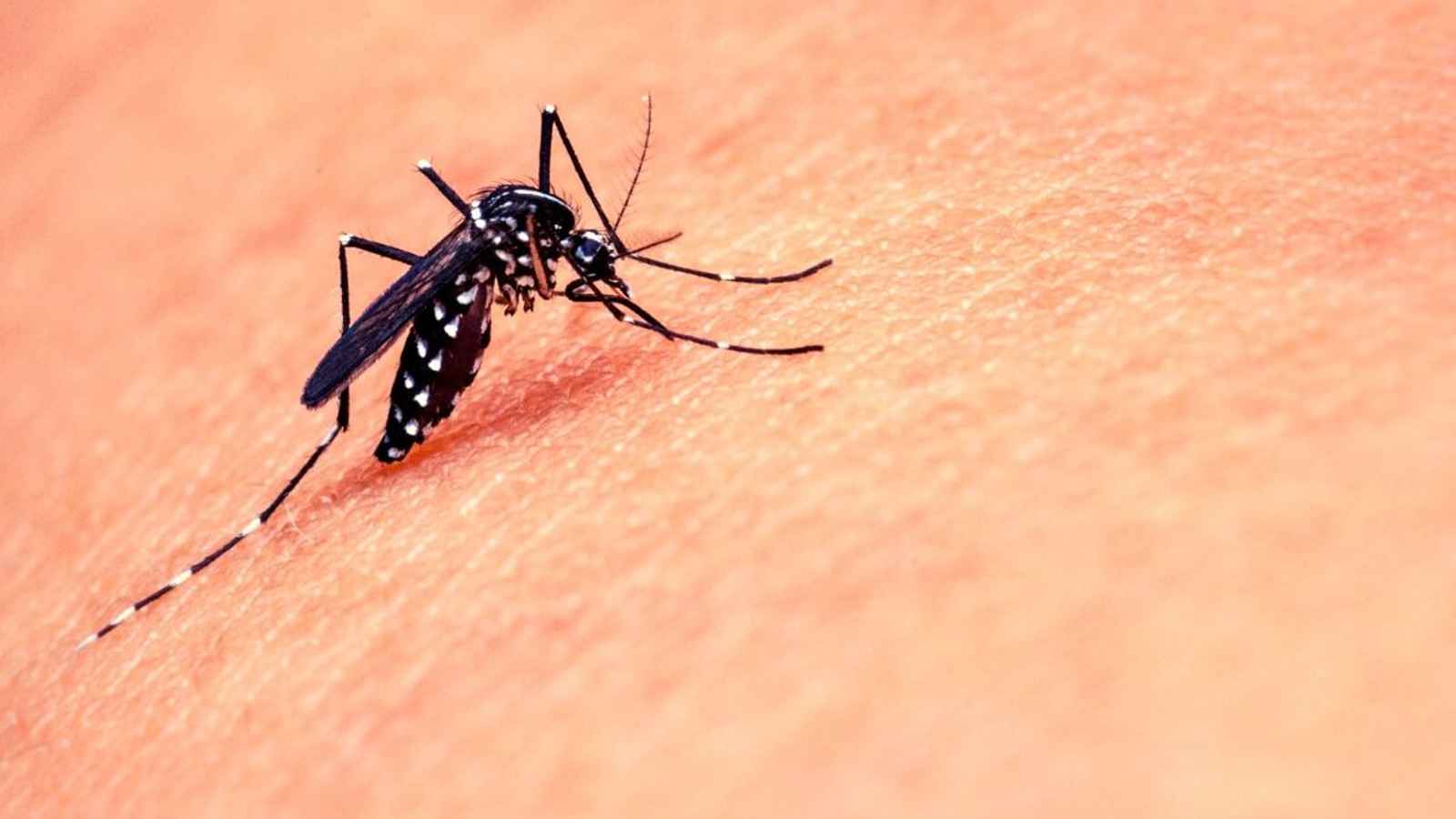Mosquitoes are responsible for transmitting malaria, a disease that annually kills more than half a million people. Ronald Ross’s 1897 discovery that mosquitoes transmit malaria transformed our comprehension of the disease and led to an increase in malaria prevention awareness.
Currently, the most effective method to prevent the disease is to avoid mosquito bites. Insecticide-treated nets, preventive treatment for pregnant women and infants, and indoor residual sprinkling are all methods for reducing transmission, but the prevalence of mosquitoes in severely affected regions such as Sub-Saharan Africa poses a challenge for eradication efforts.
The background of World Mosquito Day
These minuscule bloodsucking insects, mosquitoes, are responsible for transmitting dangerous diseases like malaria. Malaria, an ancient disease that has plagued humans since the dawn of agriculture and modern civilization, remains a global hazard to human life due to the absence of a vaccine. Malaria, which is caused by Plasmodium parasites, appears in historical texts as early as the first millennium BCE. In fact, the earliest traces of malaria parasites were discovered in the remains of mosquitoes older than 30 million years!
Malaria has affected every continent with the exception of Antarctica, and it continues to be a major concern in regions such as Sub-Saharan Africa, South Asia, and the Caribbean. Malaria still affects over 200 million people annually. Africa accounted for 90% of malaria-related fatalities in 2010. The World Health Organisation expresses concern regarding drug-resistant malaria, which can impede efforts to control the disease’s spread.
World Mosquito Day commemorates the date on which Sir Ronald Ross, a British army surgeon operating in India, identified pigmented malaria parasites in mosquitoes that had fed on an infected patient to demonstrate that mosquitoes transmit malaria. This discovery transformed our understanding of the disease and led to the development of novel preventative measures. In 1902, Ross was awarded the Nobel Prize in Physiology or Medicine.
Ross immediately proclaimed the first World Mosquito Day, asserting that the world must be made aware of the connection between mosquitoes and malaria. A malaria vaccine remains elusive, despite the fact that a better understanding of the disease has led to more innovative preventative measures and medical treatments.
World Mosquito Day Quotes and Messages
5 Interesting Mosquito Facts
- Mosquitoes are the most lethal animal on the planet.
- When female mosquitoes are attempting to procreate, they must consume blood for protein. Males and females that are not attempting to lay embryos feed on flower nectar.
- The wingbeats of male and female mosquitoes are synchronised with their partners.
- In contrast to most insects, mosquitoes are attracted to carbon dioxide rather than light. This alerts them to the proximity of a mammal with delicious blood.
- The mosquito’s proboscis, which it uses to extract blood, has inspired the development of improved, less painful hypodermic needles.
WORLD MOSQUITO DAY DATES
| Year | Date | Day |
|---|---|---|
| 2023 | August 20 | Sunday |
| 2024 | August 20 | Tuesday |
| 2025 | August 20 | Wednesday |
| 2026 | August 20 | Thursday |
| 2027 | August 20 | Friday |



